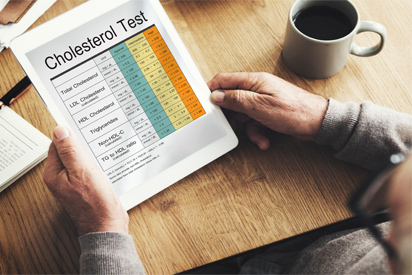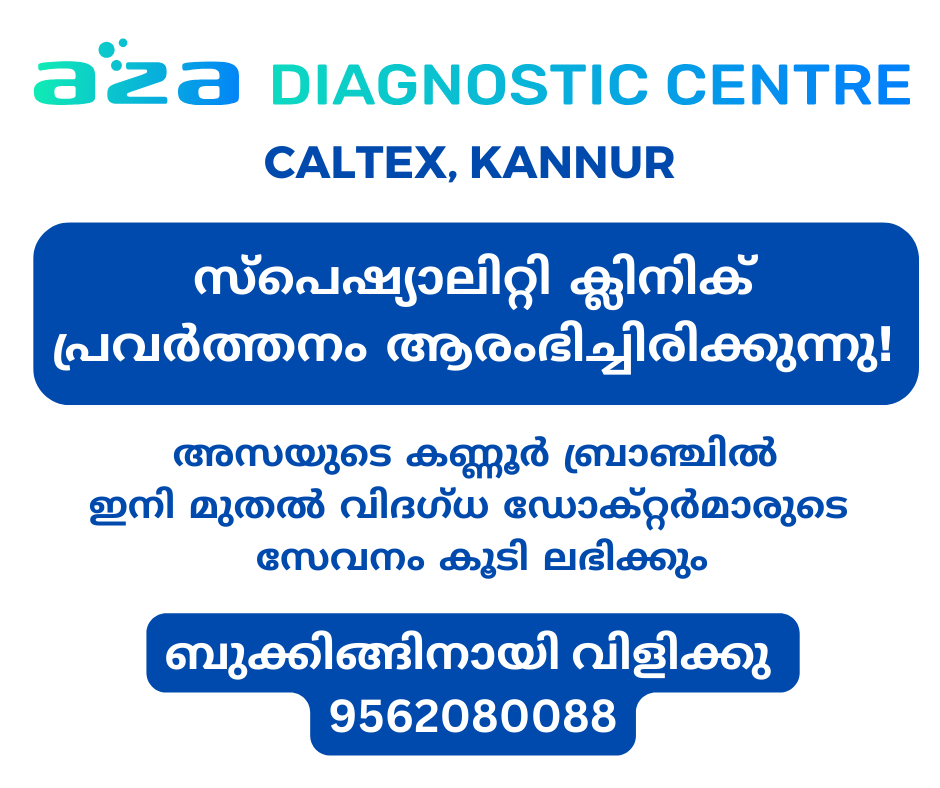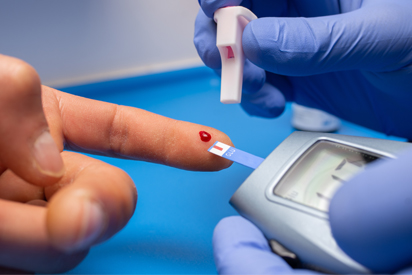
2024-01-16
What is the Best Time to Have Your Cholesterol Checked?
Although cholesterol has a bad image, your body needs the proper levels of various forms of this waxy substance in order to function at its best. Issues can occur when you have an excessive amount or insufficient much of one kind of another. Given the importance of controlling cholesterol for a better life, we at Aza Diagnostics provide routine cholesterol checks as part of our primary care services.
When should I have my cholesterol checked and how is it measured?
Heart disease can result from high levels of the improper kind of cholesterol, which can clog your arteries. Therefore, it's crucial to have your cholesterol checked regularly. A lipid panel blood test is commonly employed for this purpose, and its components include the measurement of total cholesterol, low-density lipoprotein (LDL) cholesterol (often referred to as "bad" cholesterol), high-density lipoprotein (HDL) cholesterol (known as "good" cholesterol), and triglycerides.
The American College of Cardiology and the American Heart Association recommend that healthy adults without heart disease should undergo cholesterol level testing every four to six years, starting at the age of 20. Individuals with heart disease, those taking cholesterol-lowering medications, or those with additional risk factors may need more frequent testing. Children at high risk for heart disease should also be screened.
To ensure accurate and consistent results, it's advisable to have cholesterol testing done by a professional laboratory, steering clear of home test kits due to variability in measurements from brand to brand.
Understanding Lipid Panel Components: Total Cholesterol, LDL, HDL, and Triglycerides
- Total Cholesterol:
The optimal level is below 200 mg/dL, and it includes LDL, HDL, and 20% of triglycerides.
- LDL (Low-Density Lipoprotein) Cholesterol:
Often labelled as "bad" cholesterol, the optimal level is below 100 mg/dL. High levels may indicate an increased risk of heart disease.
- HDL (High-Density Lipoprotein) Cholesterol:
Termed "good" cholesterol, the optimal level is above 60 mg/dL. It plays a protective role by carrying cholesterol away from the arteries.
- Triglycerides:
These are another type of fat molecule, and the optimal level is below 150 mg/dL. High triglycerides are linked to an increased risk of heart disease.
Why Cholesterol Testing is Essential!
High cholesterol levels can have long-term effects on heart health, contributing to the development of cardiovascular diseases. The narrowing of blood vessels due to cholesterol buildup can lead to conditions like heart attacks or strokes. Identifying high cholesterol through regular screening allows for timely intervention, often involving statin therapy or lifestyle modifications.
A routine lipid panel is a valuable tool in assessing cardiovascular risk, helping healthcare providers identify patients at risk for heart disease. However, awareness regarding the importance of cholesterol testing, especially among younger individuals, is still lacking. Recent surveys indicate that only one in five Americans is aware that lipid panel cholesterol testing should commence in a person's 20s, even in the absence of heart disease symptoms.
The Role of TSH Test in Cholesterol Management
In addition to lipid panel tests, healthcare providers may recommend a Thyroid-Stimulating Hormone (TSH) test as part of cholesterol management. The TSH test assesses thyroid function, and imbalances in thyroid hormones can impact cholesterol levels. Elevated TSH levels may lead to higher cholesterol, emphasizing the interconnectedness of various bodily functions.
How Often Should You Check Your Cholesterol Numbers?
The frequency of cholesterol checks depends on individual health factors and risk profiles. For those without existing heart conditions, the general recommendation is every four to six years, starting in the 20s. However, people with known high cholesterol levels, those on cholesterol-lowering medications, or those with additional risk factors may need more frequent testing. Moreover, advancements in testing methodologies have prompted discussions on whether fasting before a cholesterol test is necessary.
Before a cholesterol test, is it necessary to fast?
Traditionally, fasting was considered essential before a cholesterol test to obtain the most accurate results. Fasting can reduce the impact of recent meals on triglyceride and low-density lipoprotein (LDL) levels. However, recent guidelines published in the Journal of the American College of Cardiology suggest that people not taking statins may not need to fast before having their blood tested for cholesterol levels.
The decision to fast or not is often at the discretion of your healthcare provider. If fasting is recommended, it typically involves abstaining from food for 9 to 12 hours before the test. Morning appointments for cholesterol tests are common, allowing individuals to fast overnight and undergo testing without an extended period of hunger.
Taking Charge of Your Heart Health
In conclusion, understanding the importance of cholesterol testing and its components is crucial for managing heart health. Regular screening, along with a lipid panel and potentially a TSH test, can provide valuable insights into cardiovascular risk. Aza Diagnostics, based in Calicut, stands as one of the leading diagnostic centers in Kerala, with NABL accreditation and a comprehensive in-house test menu. Beyond delivering accurate results, Aza Diagnostics is committed to offering personalized and comprehensive thyroid care, exemplifying why it's recognized as the best laboratory in Calicut and one of the leading clinics in the region. In order to facilitate your access, we have established scanning centres in Kannur and Calicut. Make regular cholesterol screenings a priority for your heart health. With the help of Aza Diagnostics, set out on a route to a better, healthier life.



